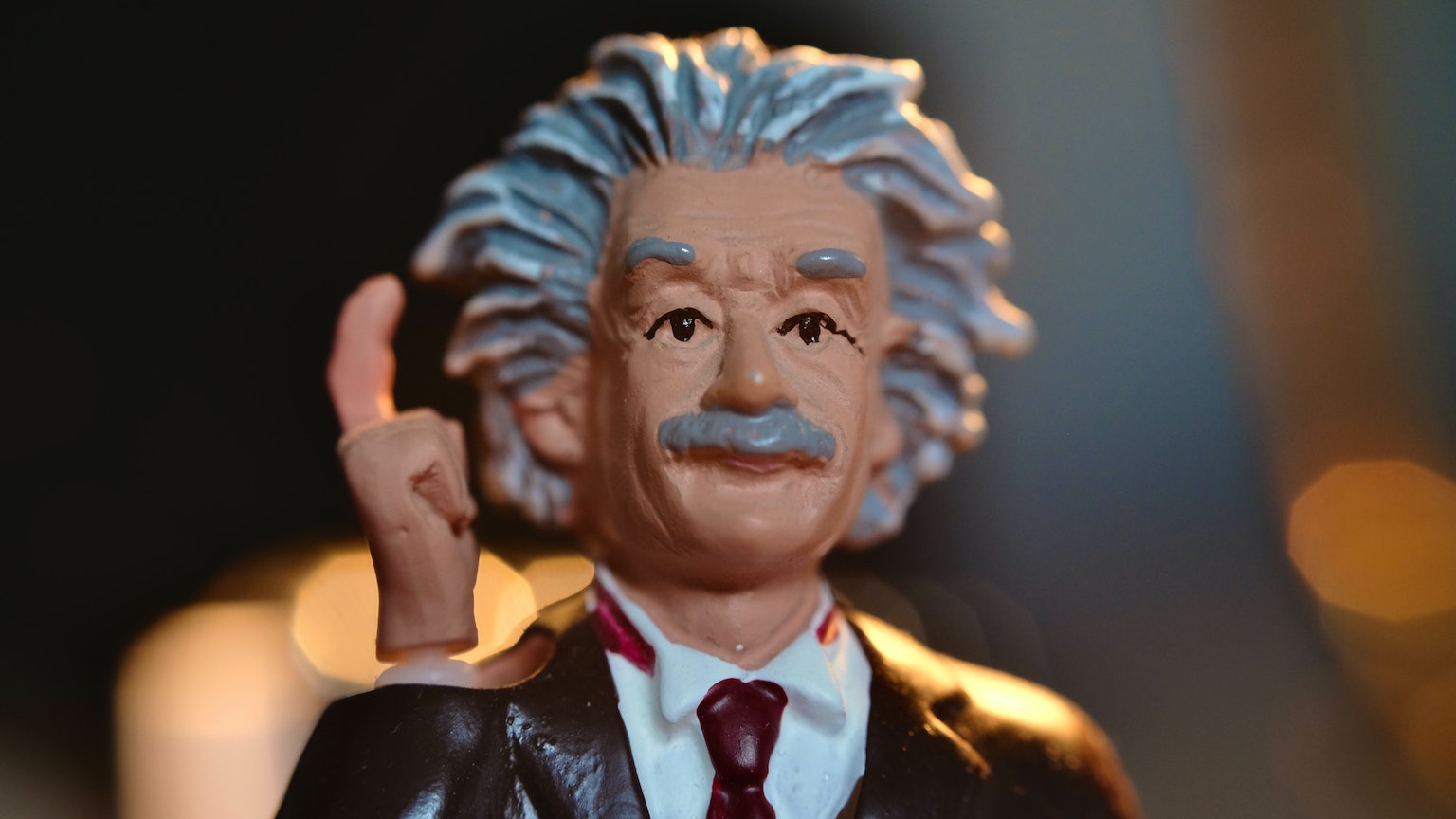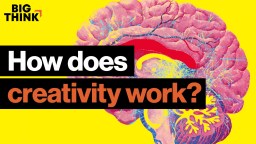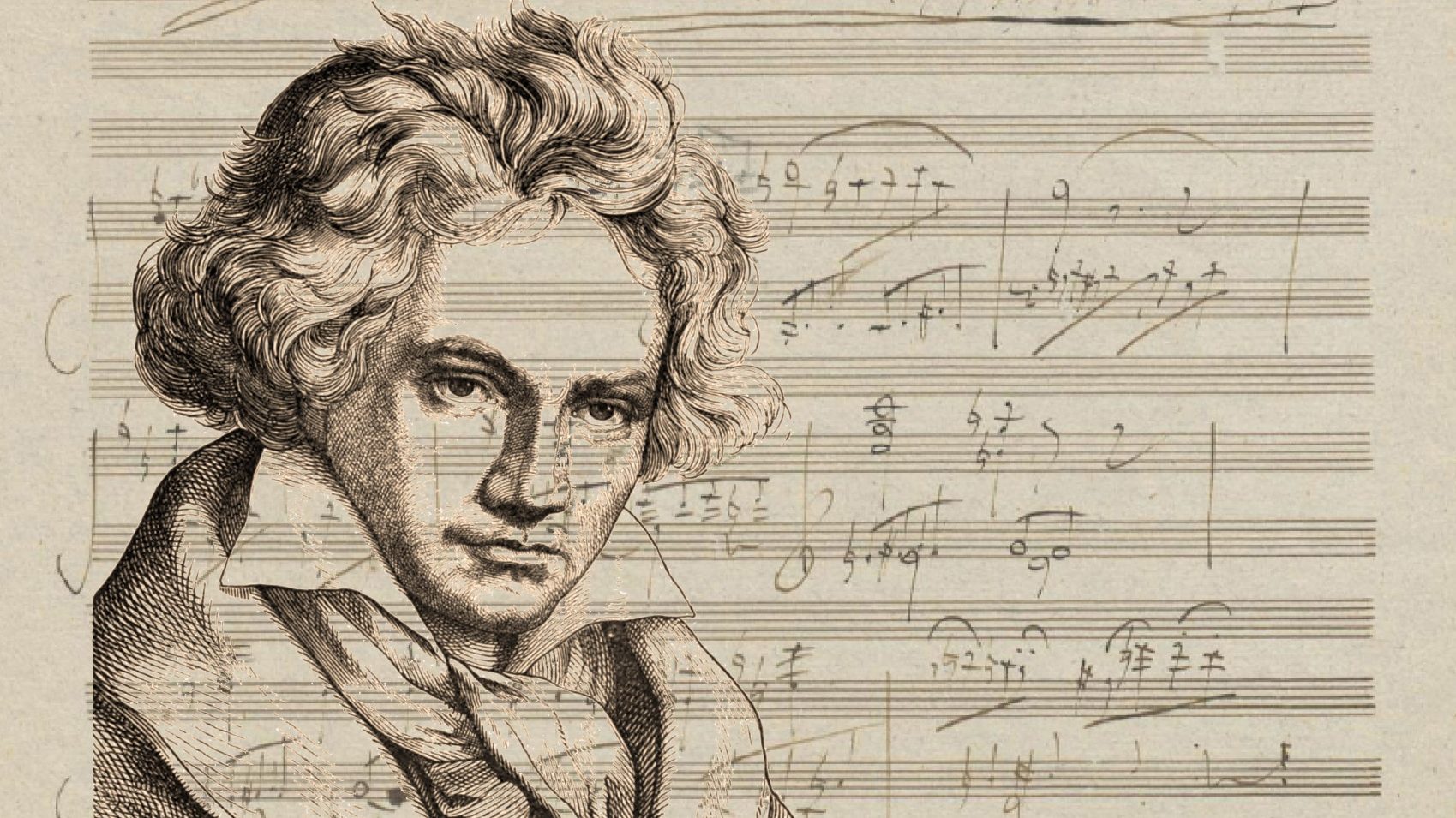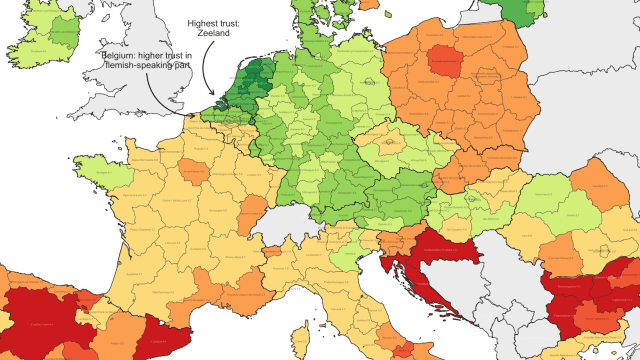The secret of genius: inspiration or perspiration?

- Most people believe that great art and genius come from inspired eureka moments.
- However, a new paper reveals that this “insight bias” is wrong.
- While many artists and scientists have claimed to work from inspiration, the reality is that nothing great was achieved without a lot of effort.
In Norse mythology, when the gods of the Aesir and Vanir finally decided to end their great war, they sealed the truce by each spitting into a bowl. From this appetizing stew of saliva, they created the “god of knowledge,” known as Kvasir. Kvasir (apparently not that knowledgeable) was tricked and murdered by some dark dwarves, who mixed his blood with honey to make a powerful mead known as Kvas — “the mead of inspiration.” Odin, king of the gods and grumpy at this dwarven deicide, took back the Kvas and flew it to his capital fortress of Asgard. But, in his escape, he spilled and dropped some of this divine mead onto the earthly kingdom of man. Since then, as the legend runs, anyone who drinks of this mead of inspiration will be struck with great artistic or creative genius.
Most cultures have a version of this “artistic inspiration” story, be it the Greek muses, the Indian Apsara, or petitioning Volos in Slavic mythology. The idea of an epiphany or lightbulb moment as being the source of all genius and brilliance dominates our understanding of creativity. We often assume that if we give ourselves the right space and conditions, an idea will come shooting down from the sky.
In a new review article, Brian Lucas and Loran Nordgren show just how deeply this “insight bias” — in which we “undervalue persistence and overvalue insight” — has taken root in our understanding of genius and creativity. Yet the reality is quite different.
If you aren’t inspired, try, try again
Most of us overestimate how much we can achieve when we first examine a task or when we initially collaborate on an idea. The authors discuss how a team from Cornell University had participants estimate how many ideas they thought would come up within a brainstorming activity that was performed in two rounds. They found that people most often believed that they would come up with many more ideas the first time around. But what their studies showed was that “creativity actually increased or stayed the same across the session.”
What’s more, the team had people try to work on a problem as far they could take it. When asked how far they believed that they had “exhausted the problem’s solution space” — that is, to what extent did they consider all possible answers — people estimated that the first time around, they had resolved about 75 percent of the problem space. In reality, it was nearer 20 to 30 percent.
These studies indicate that we have a natural bias toward “inspiration” when it comes to genius and creativity. We seem to think that our best ideas develop at the very beginning of a difficult task. But the evidence suggests otherwise.
Eureka moments and inspiration
But this isn’t to say that inspiration doesn’t happen. Throughout history, there have been countless examples of people claiming insight from their muses (or their artistic mead). So, what is the most important factor: inspiration or perseverance?
In the inspiration corner, we have a great many names. Steve Jobs wrote, “When you ask creative people how they did something, they feel a little guilty because they didn’t really do it, they just saw something.” Genius is something that comes to you; you don’t work toward genius. Sally Rooney wrote her bestselling Conversations with Friends in only three months (while studying for her master’s). Samuel Taylor Coleridge wrote his famous epic poem “Kublai Khan” after it apparently came to him in a dream. Paul McCartney claimed the first bars of “Eleanor Rigby” “just came to me” as he was sitting at a piano. Phillip Pullman, who is proudly and openly atheistic, admits he finds it hard to talk about his inspiration without mentioning his muse-like feeling. He wrote, “It feels like being blessed… that somewhere there’s an inexhaustible source of strength, truth, meaning, encouragement, blessedness”. Charles Darwin is said to have had his eureka moment when he studied finches in the Galápagos. And, famously, J.K. Rowling has said that the idea for Harry Potter just shot into her head while waiting for a delayed train.
Not the full story
But things are not as clear-cut as these examples might imply. We enjoy them, and even tend to remember or exaggerate them, which feeds more into the “insight bias” that Lucas and Nordgren discuss in their paper. The reality, though, is that creativity and genius are much more often down to sleeves-rolled-up hard graft. Or, as the quote credited to Thomas Edison goes, “Genius is one percent inspiration and 99 percent perspiration.”
While J.K. Rowling had her inspiration on a train platform, it took her five years to plan out the series and seven to write her first book. Even if “Kublai Khan” came to him in a dream, Coleridge took ages to redraft and edit his huge poem. Although the finches were important to Darwin, it took him months of work to sort through them when he got back to London. “Unfortunately most of the specimens of the finch tribe were mingled together,” he wrote.
For every Sally Rooney, there’s a Harper Lee or George R.R. Martin, whose sequels take years and years to come. While Pullman admitted to feeling “blessed” by inspiration, he also went on to say, “The only way to become a professional artist of any sort is to learn how to work efficiently when you’re not feeling inspired in the least.”
Perhaps the best example of perseverance comes from Beethoven’s Diabelli Variations. In 1819, a rich and well-known music publisher named Diabelli challenged the greatest composers of his day, like Schubert, Liszt, and Beethoven, to provide a variation on a waltz he had made. Most of the composers produced something within a few months, and they were good enough. But not Beethoven. He took the challenge to heart and he spent three years on the task. Finally, in 1822, he submitted not one, but 33 variations on Diabelli’s waltz, and it is now known to be one of his greatest musical feats.
Blood, sweat, and tears
The fact is that inspiration — swift moments of insight — are not as common as we might think. Most of what we consider great and genius today comes about through long hours, late nights, and the help of friends, family, and colleagues.
For those of us who are not Beethovens, or Darwins, or Romantic poets, perseverance and hard work are more important yet. As Lucas and Nordgren reveal, even if we might wish or hope for the lightning bolt of epiphany, most of our achievements are going to happen only through a generous application of elbow grease.
Jonny Thomson teaches philosophy in Oxford. He runs a popular Instagram account called Mini Philosophy (@philosophyminis). His first book is Mini Philosophy: A Small Book of Big Ideas.





